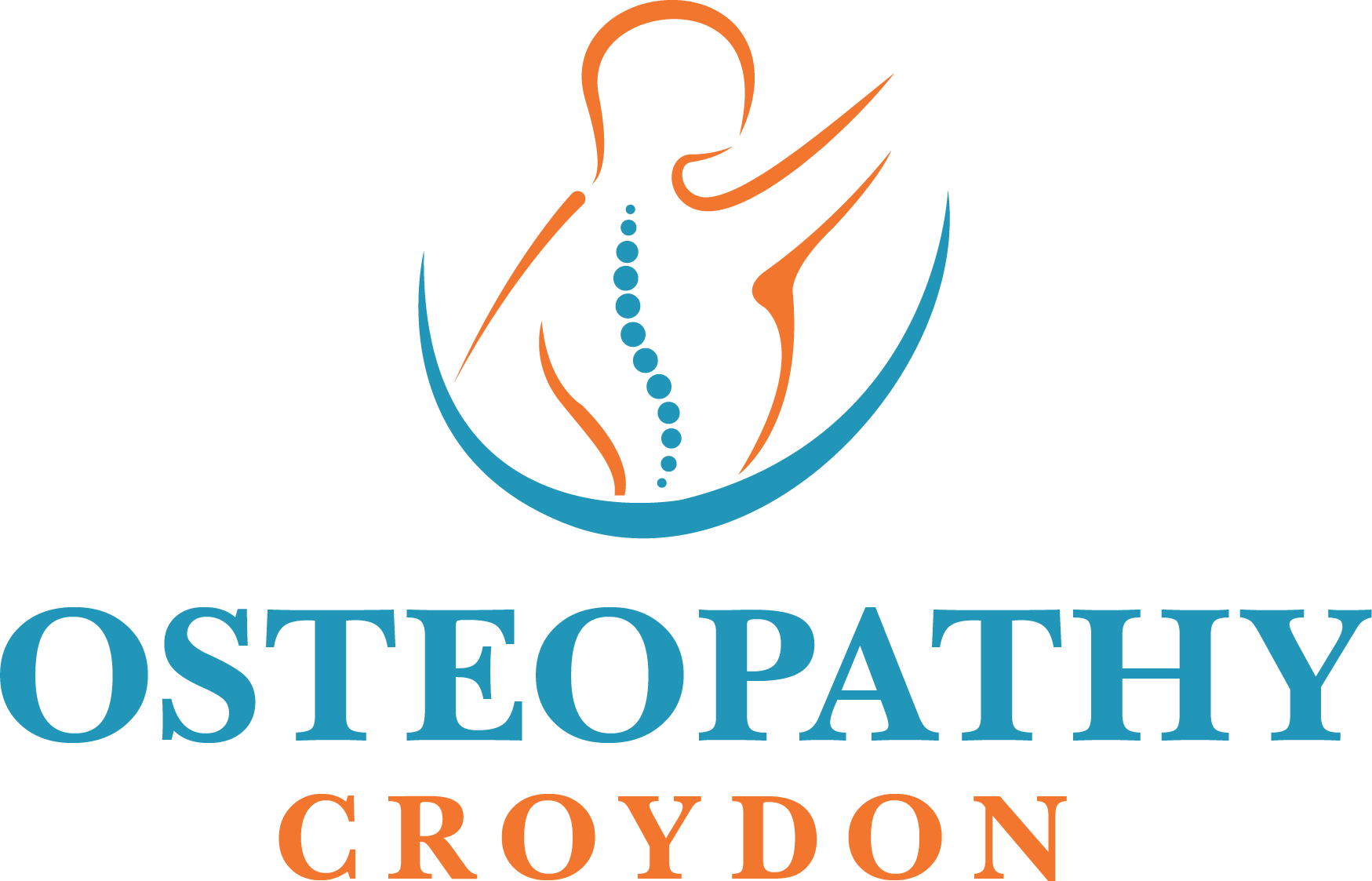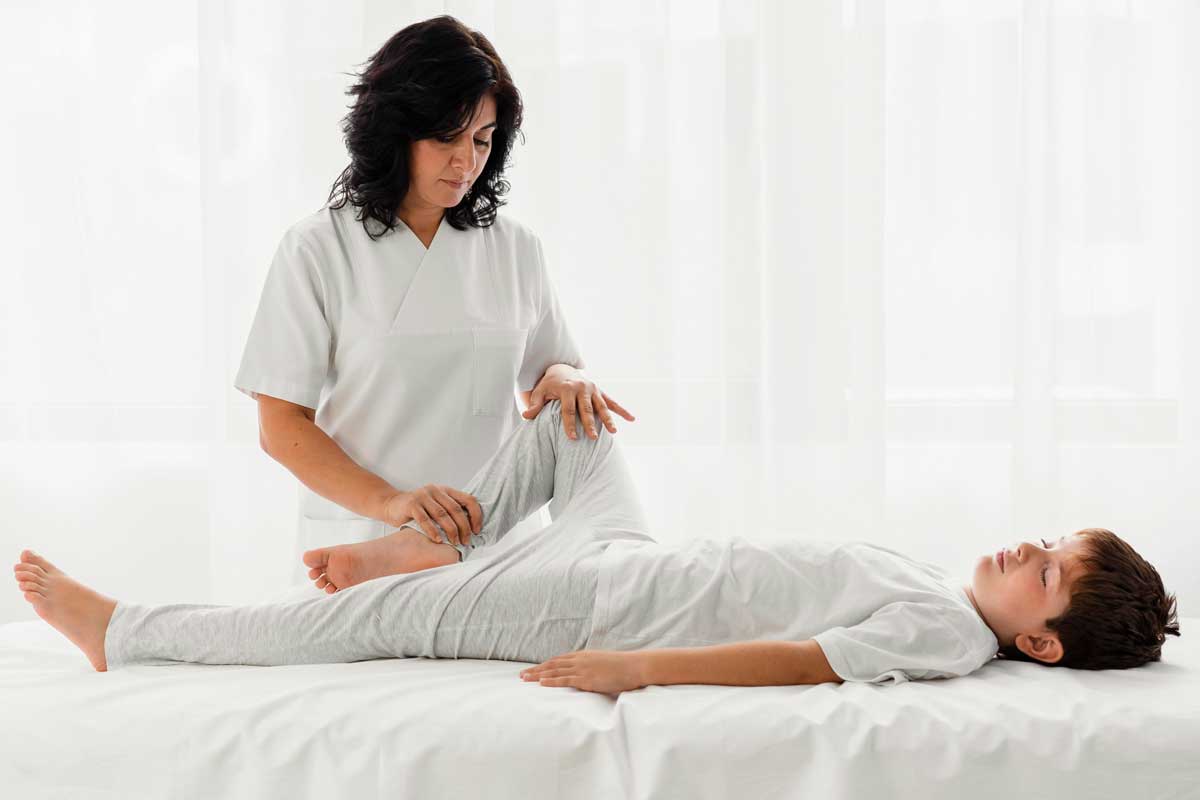Osteopathy For Babies: Why Should You Consult An Osteopath?
The first few weeks of motherhood can be highly demanding and ends up being a learning experience to understand your child’s needs better. Babies can be inconsolable at times, creating an urgency to understand what exactly is troubling them. Cranial massage for babies can help with some of the most common issues that new mothers face, such as the inability to soothe babies, latching difficulties, etc.
What Is Cranial Osteopathy For Babies?
Cranial osteopaths aim to remove any tensions that occur during pregnancy or delivery by restoring the balance and proper alignment of the body. Through gentle, hands-on techniques, osteopaths focus on the root of the problem and help to optimise health and well-being.
The process involves gently applying pressure in specific areas along the head and spine to release stress. It’s based on the idea that manipulating the bones and tissues in the skull can help resolve various health issues.
Why Should You Consider Cranial Osteopathy For Babies?
1. Postnatal Check
Birth is physically taxing for both the mother and the baby. Visiting an osteopath during the first few weeks can help to detect any restriction or strain that took place during the birthing process.
This is more likely to happen during a very long or too short labour, instrumental delivery, or excessive moulding of the baby’s head.
2. Helps With Common Problems
Infants undergo considerable stress during birth, which can cause restrictions in proper body function. One example of this is the malfunctioning of the digestive system, which can cause discomfort, leading to unsettled behaviour and frequent crying.
Gentle osteopathy techniques can help with common infant conditions such as colic, reflux, feeding or sleeping difficulties.
3. Ease Breastfeeding
Due to restrictions in the face or jaw, your baby might have difficulty in latching on or opening their mouth. Neck tension can also contribute to breastfeeding issues, such as preference for feeding on one side. Osteopathy, in conjunction with other forms of medicine, help you resolve such problems.
4. Flat Head Syndrome (Plagiocephaly)
Your baby’s position during pregnancy or tight neck muscles might make it difficult for them to move their heads. Because of this, babies tend to keep their heads in the same position while lying down, causing flattening.
Osteopathic techniques can help release the strain in the neck and head to rebalance the head’s shape. Some studies have shown that children with this condition can be more prone to visual, auditory, jaw and postural problems.
5. Promotes Optimal Health
Despite the lack of obvious issues, osteopathy can still benefit your child. Regular treatment can ensure proper health and well-being by ensuring the body is working in harmony without any physical tension. Growing children can experience structural restrictions, and it is vital to recognise poor alignment, mobility or function.
How Old Does Your Child Need To Be To Consult An Osteopath in Croydon?
There is no minimum age to consult an osteopath. You can consult an osteopath for your baby from birth. It’s best not to delay a visit if you suspect your baby is suffering from a problem for which an osteopath can help. Since osteopathy is part of alternative medicine, you can use it along with conventional treatment for best results.
Even if your child is a toddler or older, you can still schedule an osteopathic consultation. Here’s what our child osteopaths in Croydon can do for older children:
- Improve immunity
- Treat recurring ENT disorders (ear, nose and sinus infections)
- Help with asthma
- Resolve behavioural and learning difficulties
Puberty can also exacerbate the trauma experienced in childhood or during birth and later manifest as structural or functional changes. Stress due to general lifestyle such as sports injuries, strain due to carrying heavy school bags or postural issues while playing video games for extended periods can also lead to similar imbalances.
What Can You Expect During An Osteopathic Session For Your Child?
Generally, osteopathic sessions can take up to one hour. The baby’s osteopath may ask questions regarding your concerns, pregnancy, birth history and family history to form a comprehensive case study. They might also perform a manual examination of the baby’s joints and muscles to determine the source of the problem (if any).
A treatment plan is then devised accordingly, and different hands-on techniques are used to help the baby’s body continue its development and prevent future restrictions.
In case they encounter a problem that is beyond their scope of practice, your osteopath will refer you to a GP or specialist.
You can expect your child to be tired after the osteopathic session; it is quite common. However, each baby reacts differently to the treatment that aims to rebalance dysfunctions in their body. Feel free to ask any concerns or questions you may have during the osteopathic consultation.
If you are looking for an osteopath in Croydon, visit the Croydon Osteopathy clinic. You can get in touch with our staff to learn how we help both babies and mothers at any stage of the pregnancy or after birth.

